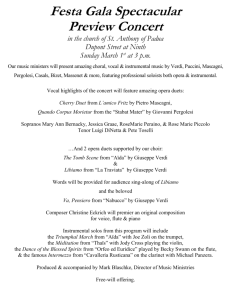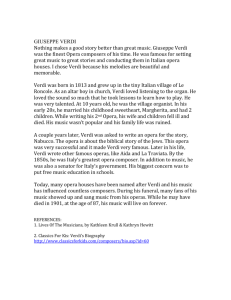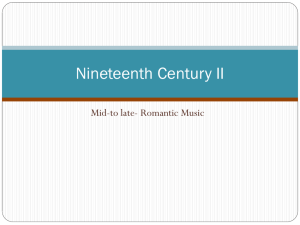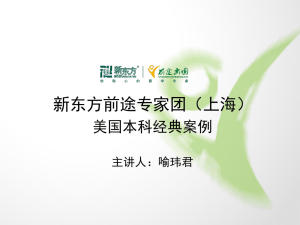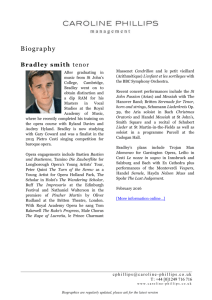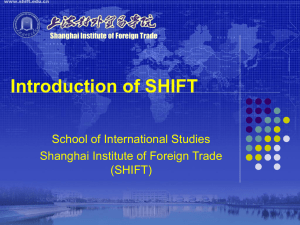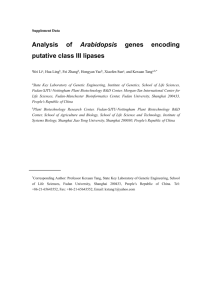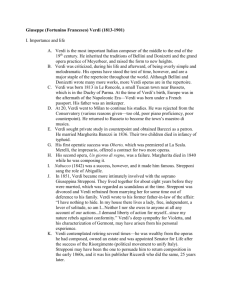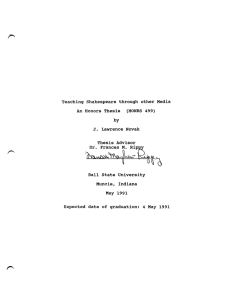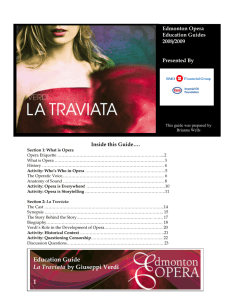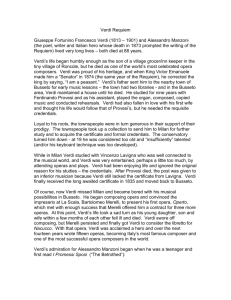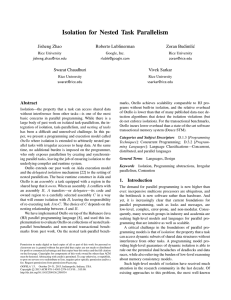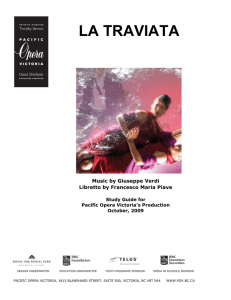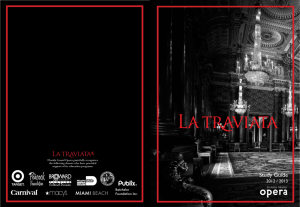Any newspaper will tell you that when it comes to producing
advertisement
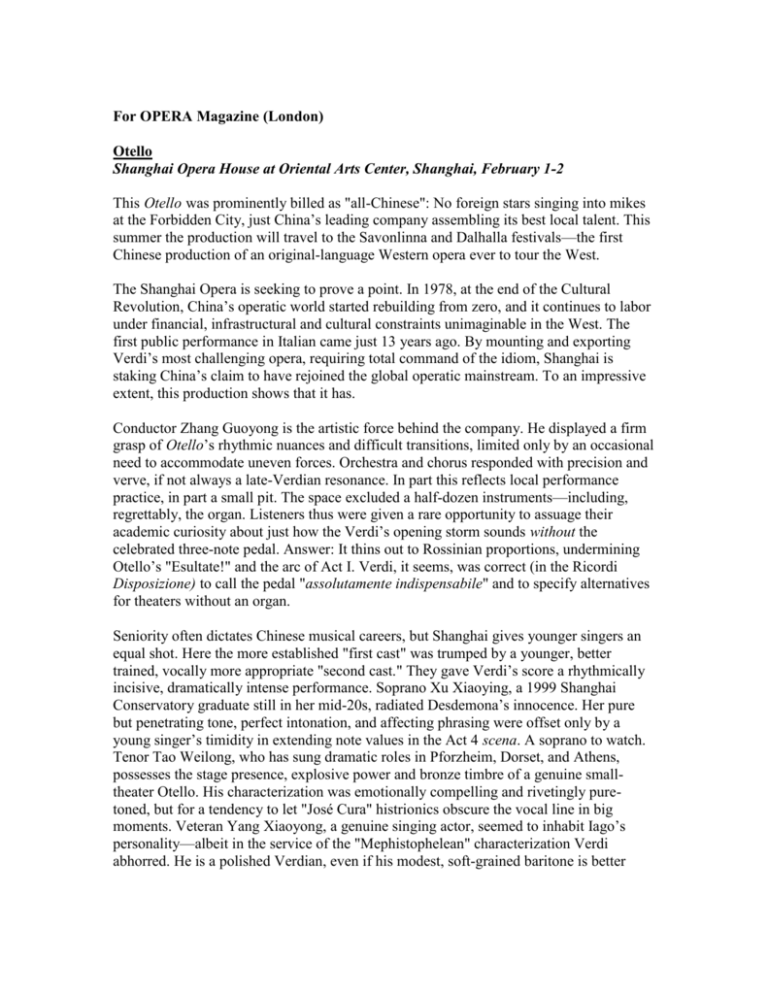
For OPERA Magazine (London) Otello Shanghai Opera House at Oriental Arts Center, Shanghai, February 1-2 This Otello was prominently billed as "all-Chinese": No foreign stars singing into mikes at the Forbidden City, just China’s leading company assembling its best local talent. This summer the production will travel to the Savonlinna and Dalhalla festivals—the first Chinese production of an original-language Western opera ever to tour the West. The Shanghai Opera is seeking to prove a point. In 1978, at the end of the Cultural Revolution, China’s operatic world started rebuilding from zero, and it continues to labor under financial, infrastructural and cultural constraints unimaginable in the West. The first public performance in Italian came just 13 years ago. By mounting and exporting Verdi’s most challenging opera, requiring total command of the idiom, Shanghai is staking China’s claim to have rejoined the global operatic mainstream. To an impressive extent, this production shows that it has. Conductor Zhang Guoyong is the artistic force behind the company. He displayed a firm grasp of Otello’s rhythmic nuances and difficult transitions, limited only by an occasional need to accommodate uneven forces. Orchestra and chorus responded with precision and verve, if not always a late-Verdian resonance. In part this reflects local performance practice, in part a small pit. The space excluded a half-dozen instruments—including, regrettably, the organ. Listeners thus were given a rare opportunity to assuage their academic curiosity about just how the Verdi’s opening storm sounds without the celebrated three-note pedal. Answer: It thins out to Rossinian proportions, undermining Otello’s "Esultate!" and the arc of Act I. Verdi, it seems, was correct (in the Ricordi Disposizione) to call the pedal "assolutamente indispensabile" and to specify alternatives for theaters without an organ. Seniority often dictates Chinese musical careers, but Shanghai gives younger singers an equal shot. Here the more established "first cast" was trumped by a younger, better trained, vocally more appropriate "second cast." They gave Verdi’s score a rhythmically incisive, dramatically intense performance. Soprano Xu Xiaoying, a 1999 Shanghai Conservatory graduate still in her mid-20s, radiated Desdemona’s innocence. Her pure but penetrating tone, perfect intonation, and affecting phrasing were offset only by a young singer’s timidity in extending note values in the Act 4 scena. A soprano to watch. Tenor Tao Weilong, who has sung dramatic roles in Pforzheim, Dorset, and Athens, possesses the stage presence, explosive power and bronze timbre of a genuine smalltheater Otello. His characterization was emotionally compelling and rivetingly puretoned, but for a tendency to let "José Cura" histrionics obscure the vocal line in big moments. Veteran Yang Xiaoyong, a genuine singing actor, seemed to inhabit Iago’s personality—albeit in the service of the "Mephistophelean" characterization Verdi abhorred. He is a polished Verdian, even if his modest, soft-grained baritone is better suited to insinuation ("Era la notte") than declamation ("Credo"). Young Zheng Yao, plucked from the chorus, deserves special mention for his elegant Cassio. First cast tenor Wei Song lacked the vocal heft for the Otello’s tempestuous moments, and rushed through some of them. Elsewhere ("Dio! Mi potevi scagliar") he sang sensitively. He was outgunned, however, by the heavy-voiced Desdemona of Ma Mei. She conjured verismo thrills out of her Act 3 anguish, but her steely top and wide vibrato hardly projected youthful purity. Santuzza is her thing. The staging was a lively jumble, as if Shakespeare’s Venetians had been airlifted onto the screen-set of Pirates of the Caribbean. Photorealistic Spanish galleons swayed beside garish red columns set against a blue mannerist sky. Sober renaissance figures wandered among gay 18th century sailors in three-cornered hats. The scenic chaos overwhelmed efforts by Roman stage director Maurizio di Mattia (the only foreign participant) to choreograph graceful Botticelli tableaus. Shanghai’s Otello easily equaled better small-city performances in Germany, Britain or Italy. It is worthy (with the younger cast, surely) of the festival venues to which it is headed. Judging by this remarkable achievement, opera in China has indeed come of age. Andrew Moravcsik
